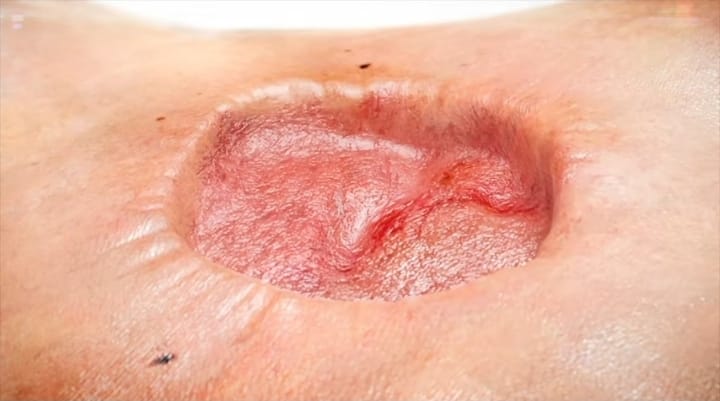What it is
NPWT (often called a “wound VAC”) uses a small pump and a sealed dressing to create gentle suction. This removes extra fluid, protects the wound, and encourages healthy new tissue.
A gentle, portable way to help wounds heal

NPWT (often called a “wound VAC”) uses a small pump and a sealed dressing to create gentle suction. This removes extra fluid, protects the wound, and encourages healthy new tissue.




Usually only mild pulling; brief soreness after changes can happen.
From days to weeks—depends on the wound.
Often yes—bring chargers and supplies.
Education only. Always follow the instructions from your surgeon or wound-care nurse.
Clinical quality note: This was created by a senior medical content team and aligned with consensus practices from leading plastic & vascular surgery literature and NPWT manufacturers. It is general education (not an endorsement by any specific individual or company).